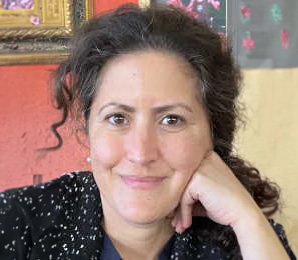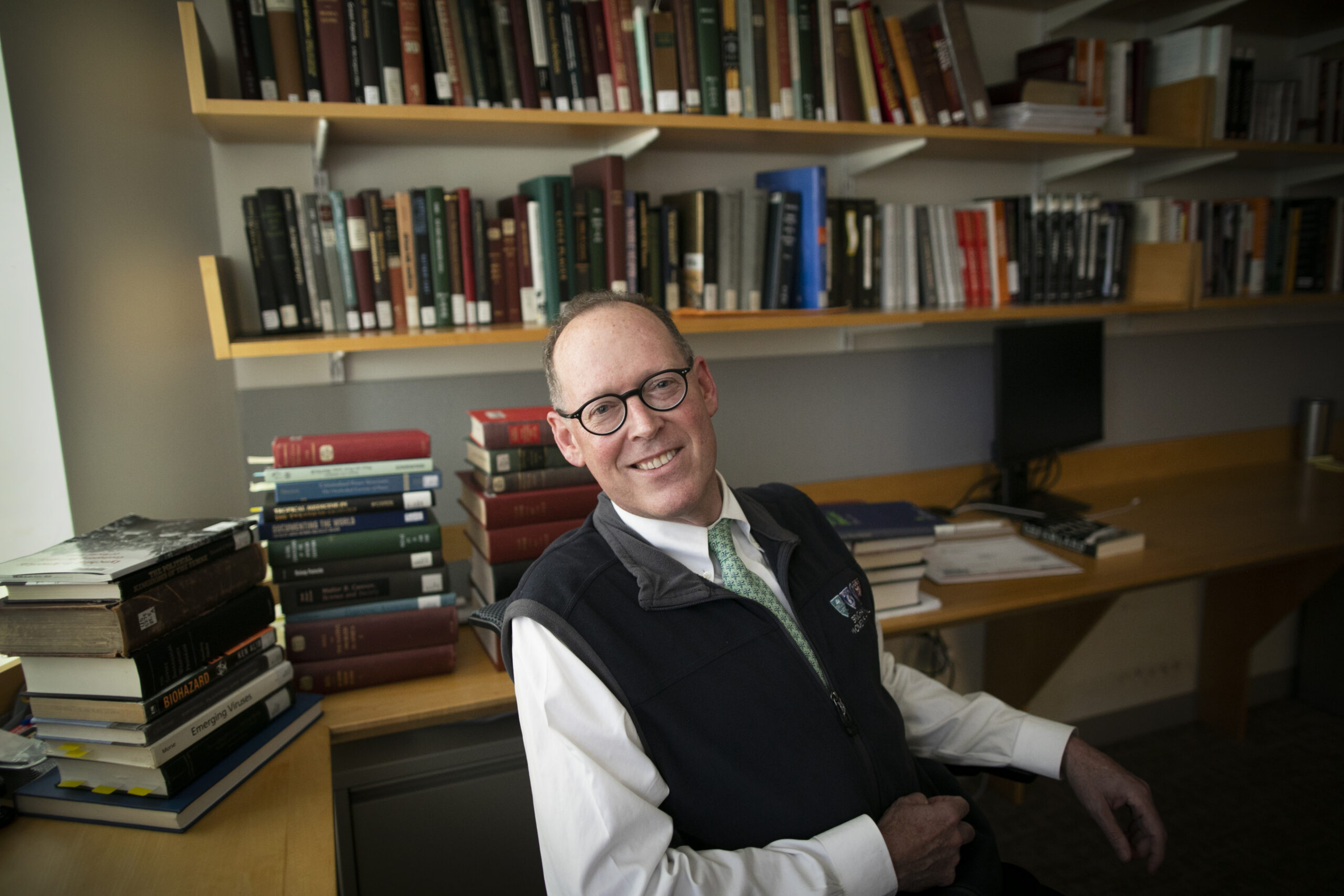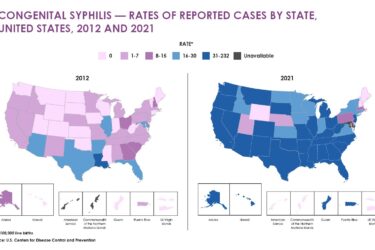
Copyright: © President and Fellows of Harvard College
In the recent history of global public health, the late medical anthropologist and physician Paul Farmer, M.D., Ph.D., stands out among luminaries. Farmer was renowned for using novel strategies to treat and control infectious diseases such as tuberculosis, AIDS and Ebola in some of the poorest populations in the world. A celebrated humanitarian, Farmer was also admired for his unwavering devotion to economically depressed people vulnerable to preventable diseases in Haiti, Peru, Rwanda and other low-income countries with weak governmental infrastructure.
Farmer, who died unexpectedly last month, was driven by the conviction that in impoverished populations, communicable diseases had more to do with social determinants of health than individual behavior. Certainly, he was not the first physician or academic to argue that disease had more to do with nonmedical factors that include deficient public health policies and racist and classist attitudes. Physicians, sociologists, and intellectuals influenced his brand of health care — including W.E.B. Dubois and Booker T. Washington — who have argued that poor health trends were linked to unsanitary housing conditions, unsafe workspaces, inadequate public infrastructure and the legacy of slavery.
But Farmer stands out among those who shared his vision for his relentlessness. For almost 40 years, Farmer urged lawmakers, corporate titans, public health policymakers and others with the power to change social structures to improve roads, schools, and clean water distribution to give socially disadvantaged people the opportunity to live their healthiest lives. And the physician talked the talk and walked the walk: Partners in Health, the organization he helped co-found in the late 1980s, has worked with governments around the world to improve or build clinics, hospitals, sanitation systems and other public infrastructure in areas that have been historically underserved.
Farmer died on Feb. 21 on the grounds of a hospital and medical university he helped establish in Butaro, Rwanda. Partners in Health said in a statement he had died in his sleep of an acute cardiac event. He was 62.
Diving deeper into Farmer’s contributions to health care
Although Farmer used his influence to bring attention to the relationship between poor health and social inequities in low-income countries, he was aware that the dynamics he saw play out there were present in high-income countries, too. And Farmer thought that the solutions that had helped poor people in other countries might help their counterparts in nations with more wealth — including the United States, the country of his birth.
In a 2011 interview with National Public Radio, Farmer said that nongovernmental organizations don’t “have a mandate, a legal mandate, to provide basic access to health and education and clean water for the citizenry of Haiti or the citizenry of Honduras or the United States, really. That’s a public sector pact to provide these services.”
Partners in Health’s work with governmental entities has extended into the United States. For more than a decade, the organization has been collaborating with the Navajo Nation and Community Outreach and Patient Empowerment to help Navajo people who are struggling financially have better access to fruits, vegetables and other nutritious foods. More recently, Partners in Health has been involved in efforts to stem the spread of COVID-19. Farmer was among public health experts involved in advising the Biden Administration on pandemic response strategies.
There are other ways that Farmer made contributions to the way health care is practiced in this country. As a chair of the Department of Global Health and Social Medicine at Harvard Medical School’s Blavatnik Institute, Farmer urged the new generations of physicians and social scientists to recognize that poverty, illiteracy and other factors with social roots affect health. In tributes to Farmer, physicians have said he inspired them to be better doctors. Notably, though, U.S. public health policymakers and researchers appear to have been slower to heed Farmer’s message of health equity.
By some accounts, it wasn’t until 20 years ago that U.S. public health researchers — including those working at federal agencies — increased their attention to the underlying socioeconomic factors that may be behind trends that show that Black, Hispanic, and American Indian people are sicker than their white peers. In a 2014 health policy analysis from the Robert Wood Johnson Foundation and the Urban Institute, the authors pointed to the country’s history of slavery and ethnic prejudice to explain public health officials and researchers look at health disparities primarily through the lens of race and ethnicity and not social station or environmental conditions. That approach, they argued, has stood in contrast to the one taken by economically peer countries in Europe, which have considered health disparities are rooted in socioeconomic disadvantage.

Beyond more research about the connection between illiteracy, access to clean water, safe living environments and quality of health, there are other signs that the distinction between health disparities and health inequities has been taking a more significant hold in the worlds of medicine and academia. Increasingly, nonprofits are funding health equity programs that address the social roots of poor health.
For more information about Farmer and health equity research and initiatives, check out the resources below.
- Remembering Paul Farmer, a physician and global health care champion, NPR
- The Good Doctor, The New Yorker
- Transitioning from Health Disparities to a Health Equity Research Agenda: The Time is Now, Public Health Reports
- In Pursuit of Health Equity: Comparing U.S. and EU Approaches to Eliminating Disparities, The Urban Institute and Robert Wood Johnson Foundation
- HHS Action Plan to Reduce Racial and Ethnic Health Disparities: Implementation Progress Report 2011-2014, U.S. Department of Health & Human Services
- U.S. Health in International Perspective Shorter Lives, Poorer Health, National Academies Press
- Directing Research Toward Health Equity: a Health Equity Research Impact Assessment, Journal of General Internal Medicine







